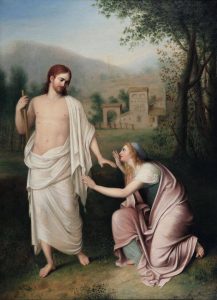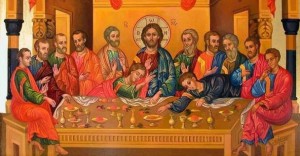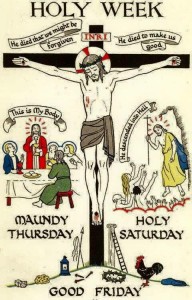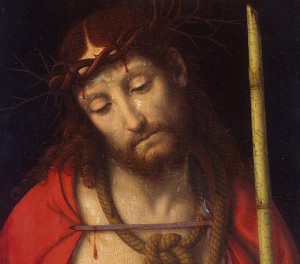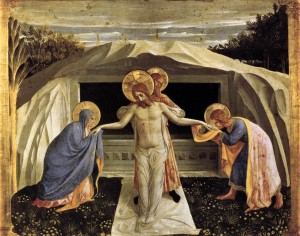 We change the praying of the daily praying of the Angelus to the Regina Caeli for the 50 days of Easter. (That is, from Easter Day through Pentecost Sunday). Please add this prayer, in Latin and English, to your iPhone.
We change the praying of the daily praying of the Angelus to the Regina Caeli for the 50 days of Easter. (That is, from Easter Day through Pentecost Sunday). Please add this prayer, in Latin and English, to your iPhone.
Queen of Heaven
V. Queen of Heaven, rejoice, alleluia.
R. For He whom you did merit to bear, alleluia.
V. Has risen, as he said, alleluia.
R. Pray for us to God, alleluia.
V. Rejoice and be glad, O Virgin Mary, alleluia.
R. For the Lord has truly risen, alleluia.
Let us pray. O God, who gave joy to the world through the resurrection of Thy Son, our Lord Jesus Christ, grant we beseech Thee, that through the intercession of the Virgin Mary, His Mother, we may obtain the joys of everlasting life. Through the same Christ our Lord. Amen.
Regina caeli
V. Regina caeli, laetare, alleluia.
R. Quia quem meruisti portare, alleluia.
V. Resurrexit, sicut dixit, alleluia.
R. Ora pro nobis Deum, alleluia.
V. Gaude et laetare, Virgo Maria, alleluia.
R. Quia surrexit Dominus vere, alleluia.
Oremus. Deus, qui per resurrectionem Filii tui, Domini nostri Iesu Christi, mundum laetificare dignatus es: praesta, quaesumus; ut per eius Genetricem Virginem Mariam, perpetuae capiamus gaudia vitae. Per eundem Christum Dominum nostrum. Amen.

